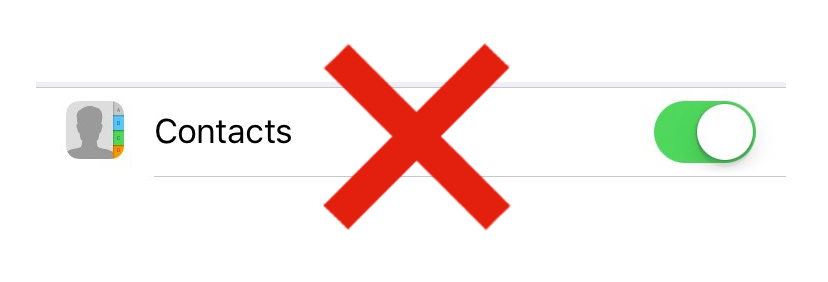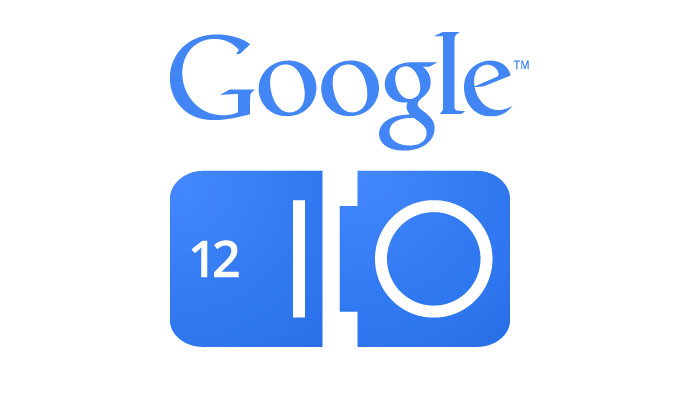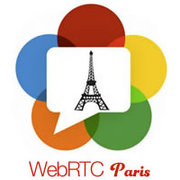
The address book, an invaluable and undervalued gold mine
8 years agoMore than your personal static data (name, age, occupation, credit card, etc.), it is your dynamic data that interest businesses
Your dynamic data are fed constantly by your service requests such as search, location, access to content, and above all your interactions with others.
If your data are gold, imagine the value of your Address Book, opening the door to your contacts. Imagine the cross-referencing-data on each particular interaction. Imagine the stunning “mapping” a particular service can do by cross-analyzing its users’ address books.
Your address book becomes your most precious thing and yet the least valued. Besides, the data in your address book are personal information about your friends, family, colleagues, etc. who shared it with you in confidence. They certainly did not permit you to disclose it to third parties, even worse to businesses, which goal is to use it for commercial purposes. In light of this, privacy, a personal choice, should in fact be considered as “public matter”, in the same way as hygiene practices are required to halt an epidemic.
Avoiding contagion
That is why protecting your own privacy implies protecting others’ privacy as well. We must therefore protect the data we have on others and in particular, photos, social network profiles, and address books.
Did you actually read the “privacy policy” of the services you use? Do you trust them? If the answer is not “definitely Yes”, the precautionary principle must prevail. How? By simply denying access to private information from services asking for it, and requiring your friends to do the same.
twinme is one of the safest private messaging applications
Not collecting data at all is the best way to avoid their dissemination, either voluntarily (e.g. commercial) or not (piracy, in particular).
twinme requires no personal sign-up: no phone number, no email, no social network ID. Since you are not personally identified by the application, it does not technically “know” you. And because the application does not access your address book, it does not read your contacts’ information and therefore cannot store it and share it with third parties.
Moreover, all exchanges (messages, voice & video calls, and soon files) happen in peer-to-peer, directly from device to device, without a staging storage server; all contents are end-to-end encrypted with the “TLS” encryption protocol, a web standard for accessing secure sites (https), available in open source.
Enabling you to take the power back on your data is the purpose of twinme: by not asking any personal information, twinme is in fact one of the most privacy respectful messenger, not only for you, but for your contacts as well.
Latest Articles

twinlife @Festival Séries Mania #ConfBlackMirror
8 years agoConférence-débat "Je like donc je suis : Quand Black Mirror révèle les dérives de notre société" avec Michel Gien (CEO de Twinlife) et Laurence Allard (chercheuse à l’Université Paris 3-Ircav) animée par Mari...

twinme @ SXSW – March 2017
8 years agoTWINME – PRIVATE MESSENGER INTRODUCES SIMULTANEOUS MOBILE TO MOBILE LISTENING TO MUSIC Listen together to music recorded on a smartphone, while chatting

WebRTC Paris Meetup @ Google – 10 Feb. 2014 – HD
8 years agohttps://www.youtube.com/watch?v=CQftwwZqJ2I&feature=youtu.be&t=1h29m43s...

Google I/O 2012 – WebRTC: Real-time Audio/Video and P2P in HTML5
8 years agoGoogle I/O - 29 Jun. 2012 https://youtu.be/E8C8ouiXHHk WebRTC brings webcam access, p2p, and rich audio/video communication capabilities to the browser. In this talk, we'll give an overview of the WebRTC technologi...

twinme at MWC 2016
9 years agotwinme will be demonstrated at the Mobile World Congress (MWC) in Barcelona February 22-25, 2016. Come visit Twinlife at Hall 8.1, stand D41....

